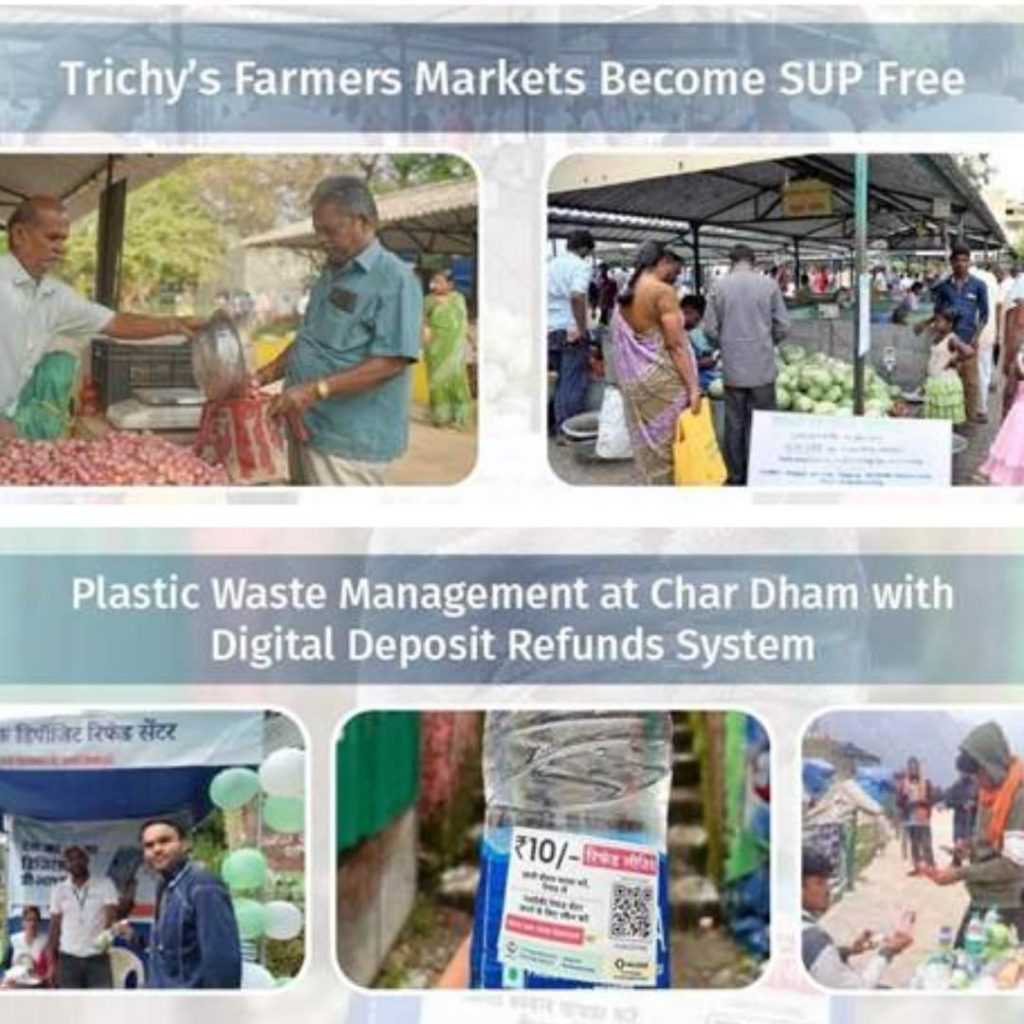
Cities Fight Plastic Waste with Innovation, Reuse, and Rewards
In recent years, the world has awakened to the devastating impact of plastic waste on the environment. From choking marine life to clogging landfills, plastic pollution has become a pressing global concern. In response, cities across the globe are scrambling to find innovative solutions to reduce plastic waste, promote reuse and recycling, and build a more sustainable future.
India, in particular, is taking bold steps to tackle plastic waste under the Swachh Bharat Mission-Urban (SBM-U). Launched in 2014, the mission aims to make Indian cities cleaner, greener, and more sustainable. With a focus on waste management, SBM-U has led to a surge in community-led initiatives, innovative technologies, and creative programs that are transforming the way cities handle plastic waste.
In this blog post, we’ll explore some of the most inspiring examples of cities fighting plastic waste with innovation, reuse, and rewards. From compostable bags in Tripura to reward-based recycling in Kedarnath and buy-back programs in Andaman, these initiatives are not only reducing plastic waste but also promoting a circular economy.
Compostable Bags in Tripura
In Tripura, a northeastern state in India, the government has introduced compostable bags as an alternative to traditional plastic bags. Made from natural materials like cornstarch, sugarcane, or potato starch, these biodegradable bags are designed to decompose easily and reduce plastic waste.
The initiative was launched in collaboration with the Tripura State Pollution Control Board (TSPCB) and the Department of Environment and Forests. The project aims to reduce the use of single-use plastic bags, which are a major contributor to plastic pollution in the state.
In Kedarnath, Reward-Based Recycling
In Kedarnath, a pilgrim town in the Himalayas, the local administration has introduced a reward-based recycling program to encourage residents to recycle plastic waste. The program, launched in partnership with the Kedarnath Temple Trust, offers rewards to residents who deposit plastic waste in designated recycling bins.
The program has been a huge success, with residents enthusiastically participating in the initiative. The recycled plastic is then used to create new products, such as bags, bottles, and other household items.
Buy-Back Programs in Andaman
In Andaman, a union territory in the Bay of Bengal, the government has launched a buy-back program to reduce plastic waste. Under the program, residents are encouraged to collect plastic waste and deposit it at designated collection centers.
The collected plastic is then sold to recycling plants, which convert it into raw materials. The revenue generated from the sale of plastic waste is used to fund community development projects, such as waste management infrastructure and education programs.
Circular Economy Goals
These innovative initiatives are not only reducing plastic waste but also promoting a circular economy. A circular economy is an economic model that aims to reduce waste and the consumption of resources by promoting recycling, reuse, and the design of products that are more sustainable.
By promoting a circular economy, cities can reduce their environmental impact, create jobs, and stimulate local economies. Moreover, a circular economy can help cities achieve their sustainability goals by reducing greenhouse gas emissions, conserving natural resources, and promoting sustainable development.
Conclusion
Cities across the globe are fighting plastic waste with innovation, reuse, and rewards. From compostable bags in Tripura to reward-based recycling in Kedarnath and buy-back programs in Andaman, these initiatives are transforming the way cities handle plastic waste.
As India continues to implement its Swachh Bharat Mission-Urban, we can expect to see more innovative solutions emerge. By promoting a circular economy, cities can reduce plastic waste, create jobs, and stimulate local economies.
As the world continues to grapple with the challenges of plastic pollution, it’s heartening to see cities taking bold steps to address this issue. By working together, we can create a more sustainable future for generations to come.
News Source:






